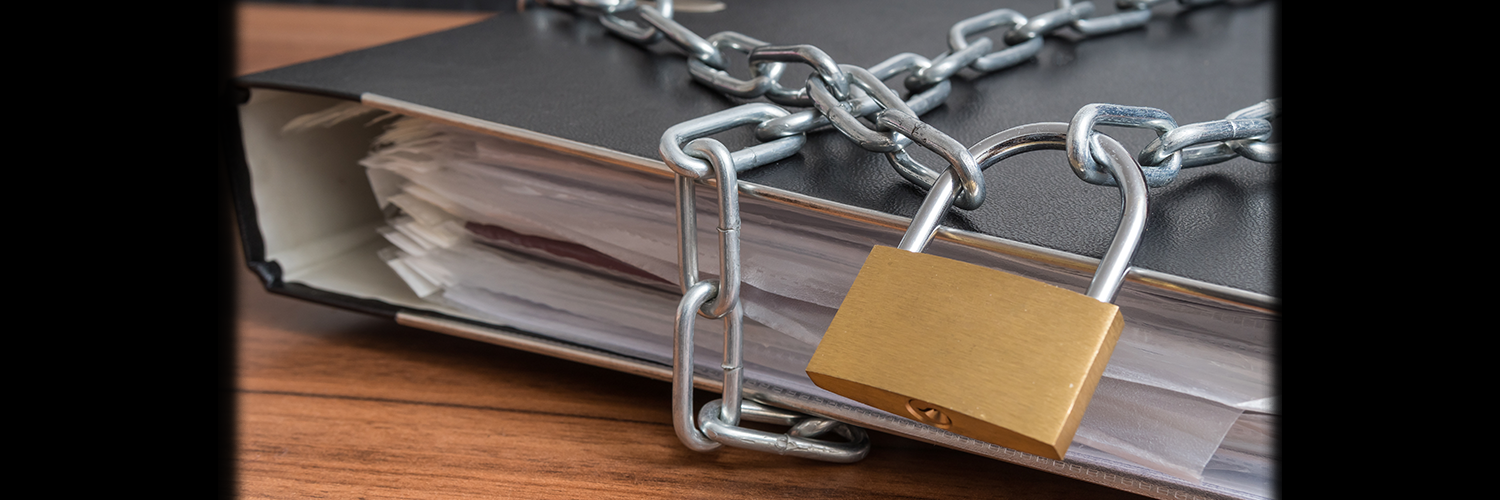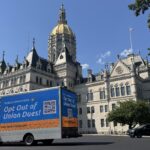In California, the state attorney general is trying to force all charitable organizations operating in the state to turn over the names and addresses of their top financial contributors.
This is why the Freedom Foundation filed a brief at the U.S. Supreme Court in support of our friends at Americans for Prosperity and the Thomas Moore Law Center — and all charitable organizations in California wanting to keep their donor information private.
In its brief, the Freedom Foundation argues that the threat facing donors whose identities are leaked to the public is more than just speculation. The campaign of harassment and intimidation faced by supporters and staff of the Freedom Foundation in recent years bears powerful evidence to this reality.
These attacks include baseless accusations of bias, attempts to ruin supporters’ businesses through personal attacks and public demonstrations, and even encouraging Foundation staff members’ neighbors to confront them at their own homes based upon nothing more than outright lies and deceptions.
Given the wider context of so-called “cancel culture,” in which individuals are publicly shamed and ostracized because of “perceived transgressions of speech and thought,” attacks on supporters and staff of the Foundation is all the more concerning and cannot be tolerated.
The Supreme Court has long recognized, beginning with a case concerning the attempted forced disclosure of NAACP members in the 1950s, that when organizations are subject to societal criticism, harassment and even possible violence, the First Amendment speech and association rights of donors trump any purported interest asserted by the government in obtaining the information.
In its brief, the Foundation further maintains that the leak of supposedly confidential information by the government is a regular occurrence, and there is a reasonable expectation that California will be unable to keep disclosed donor information private.
Finally, the Foundation argues the Supreme Court’s previous recognition of disclosure exceptions for organizations facing harmful or violent repercussions is just as important now as it was in the 1950s and ’60s — especially given the access to information enabled by modern technology and the Internet.
Though the context has changed, the very same liberties are at stake in Americans for Prosperity v. Becerra. California’s attempt to compel donor disclosure thus imperils both individual rights and the future of charitable organizations.
The Framers of the Constitution well understood the reasons why it is often necessary to remain anonymous in the arena of political participation. While differences of opinion are inevitable (and even beneficial) in a robust and thriving democracy, shutting down people we disagree with does not lead to the promotion of good public policies or a healthy marketplace of ideas.
Instead, it leads to oppression and intellectual stagnation. We cannot give up our most cherished principles and rights in an effort to avoid controversy. The future of free speech and free association depends on it.
Hopefully, the Supreme Court agrees.












